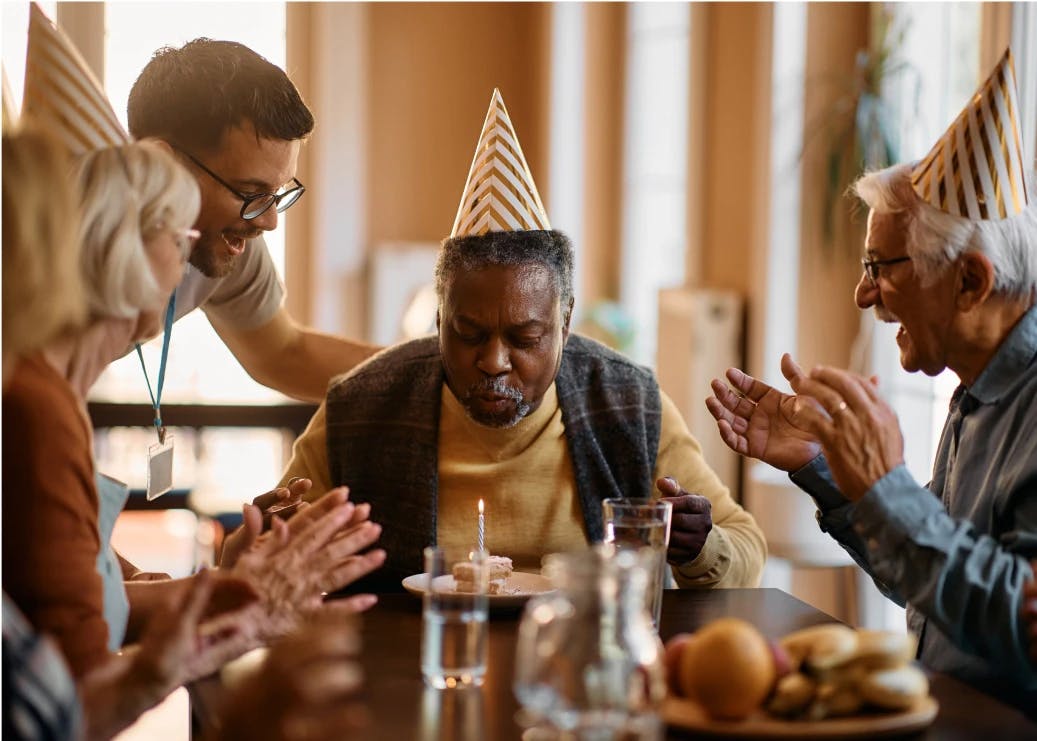Insurance that plans for life after 50.
Everdays combines comprehensive life insurance solutions with powerful planning tools to create end-of-life plans that are funded and documented.
Safeguarding your family's future and ensuring your wishes are honored has never been easier.
 100% online
100% online Immediate coverage
Immediate coverage No medical exams
No medical exams

Final Expense
that Goes Beyond
Go beyond traditional final expense insurance with up to $100,000 in permanent life coverage to fund a comprehensive end-of-life plan designed to pay off debt, leave an inheritance or support a favorite cause. Our online platform lets you take control of how your policy's proceeds are allocated, ensuring your final wishes are not only recorded but also securely stored and easily shared with your loved ones.

Term Life Made for the 50+ Generation
Designed for individuals over 50, our term life insurance provides the necessary funds to replace your income, settle outstanding mortgages, college loans, credit card bills, or other debts if you die unexpectedly. In just minutes, you'll be able to create and purchase a personalized insurance plan 100% online that can be shared with your loved-ones, ensuring your financial obligations will be taken care of.

Long-Term Care
that Plans Ahead
Our innovative life insurance policy includes powerful built-in living benefit features designed to give you access to money for your long-term care if you need it. Our planning tool helps you determine how much coverage you qualify for, and allows you to allocate your coverage to the type of care you envision having. You can plan ahead, share it with your family, and fund it so that when the time comes, your care plan is executed properly.
It’s more than insurance. It’s a comprehensive plan.
Extend the value of your policy by ensuring that your plans are recorded and securely stored - so when the time comes, your family will have the information needed to help you execute them as you envisioned.
Customize Coverage
Answer a few simple questions and get approved for a personalized insurance policy with a coverage amount that best fits your needs and budget.
Allocate
Direct how you want the proceeds of your policy distributed to create your end-of-life plan.
Manage & Share
Store your plans and policy in one place so you can easily update and share them with your family or beneficiaries, ensuring your plans are honored when the time comes.
The Everdays Difference
Expert Advice and Planning
Our all-in-one platform delivers expert advice, personalized planning, and tailored insurance protection to meet your unique needs.
Specialty Insurance for 50+
Our suite of insurance products is comprised of robust and affordable solutions designed to provide comprehensive coverage for individuals aged 50+.
Easy Purchase
We provide a smooth buying process, with no medical exams, that takes just minutes to purchase 100% online - 24/7/365.
$200B
in total assets backing your policy
Backed by top rated insurers
Hear what our customers have to say
Resources to help you plan ahead


